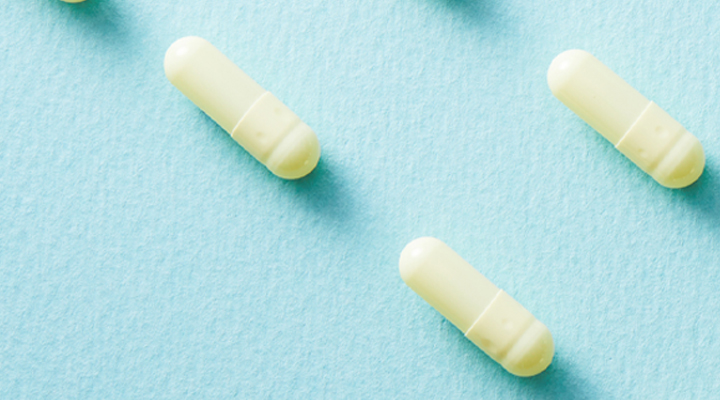Epidemiological studies have shown that exposure to particulate matter (PM) is associated with adverse health effects. Inhalation of fine particulate matter (PM2.5) is associated with elevated pulmonary diseases. However, the molecular mechanism underlying the initiation of lung inflammation following inhalation is unclear. In this study, we investigated the beneficial effects of two probiotics, Lactobacillus casei HY2782 and Bifidobacterium lactis HY8002, against PM-induced pulmonary inflammation. Model mice were subjected to chronic exposure of PM2.5. The results showed that PM2.5 enhanced oxidative stress and led to Th2 cytokine responses in the mice. PM2.5-exposed mice were orally administered with HY2782 and HY8002 from the day of first exposure to the end point of the study. The results showed that HY2782 ameliorated PM 2.5 exposure-enhanced leukocyte migration and activation of proinflammatory cytokines. HY2782 and HY8002 also prevented exacerbation of eosinophil and neutrophil infiltration in the bronchoalveolar lavage fluid. HY2782 and HY8002 significantly increased scavenging of PM2.5-induced reactive oxygen species and activated superoxide dismutase and catalase activity in the blood. These results indicate that the probiotics HY2782 and HY8002 protect against PM-induced pulmonary inflammation.
[HY8002] 논문_Lactobacillus HY2782 and Bifidobacterium HY8002 Decrease Airway Hyperresponsiveness Induced by Chronic PM2.5 Inhalatioin in Mice
2021-05-18




















